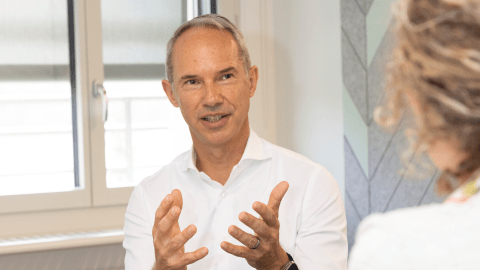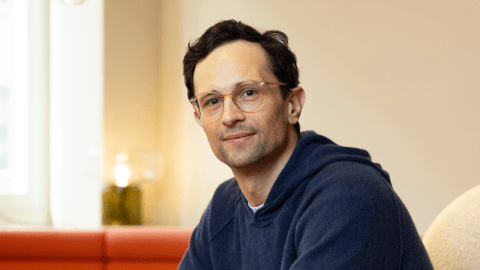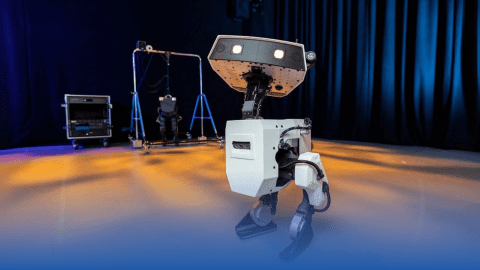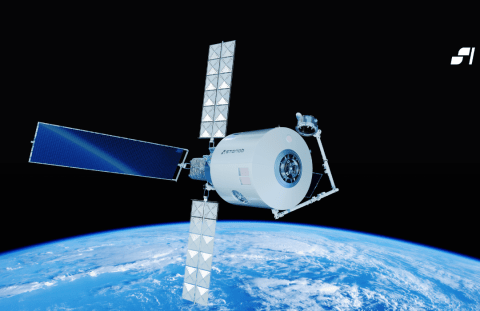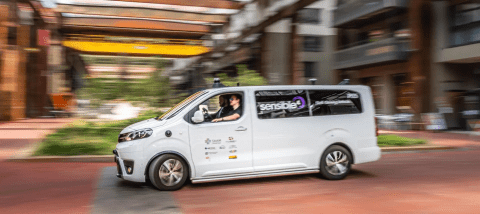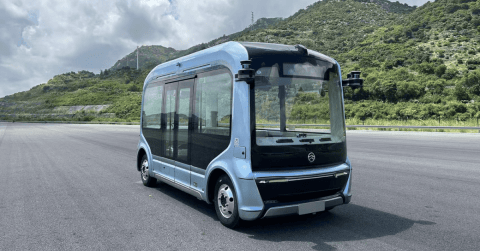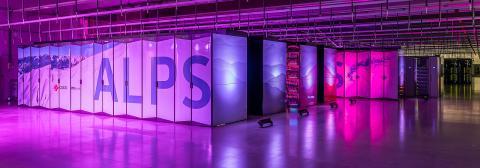
How robotaxis and AI are strengthening Switzerland’s business location
When global tech companies expand into Europe, Zurich has become one of the first places they look. Yet Baidu’s move marks a new milestone. The Chinese AI pioneer is making Switzerland the first European location for its robotaxi operations.
For the Greater Zurich Area, this is more than another high-tech investment – it’s a testing ground for the future promise of autonomous mobility for everyone, including regions beyond the reach of buses and trains.
Baidu already operates more than 1,000 driverless vehicles commercially across 16 cities worldwide, including Dubai, Abu Dhabi, and Hong Kong. Switzerland will now become – after Dubai – the second market outside China where its Apollo Go system will operate at scale.
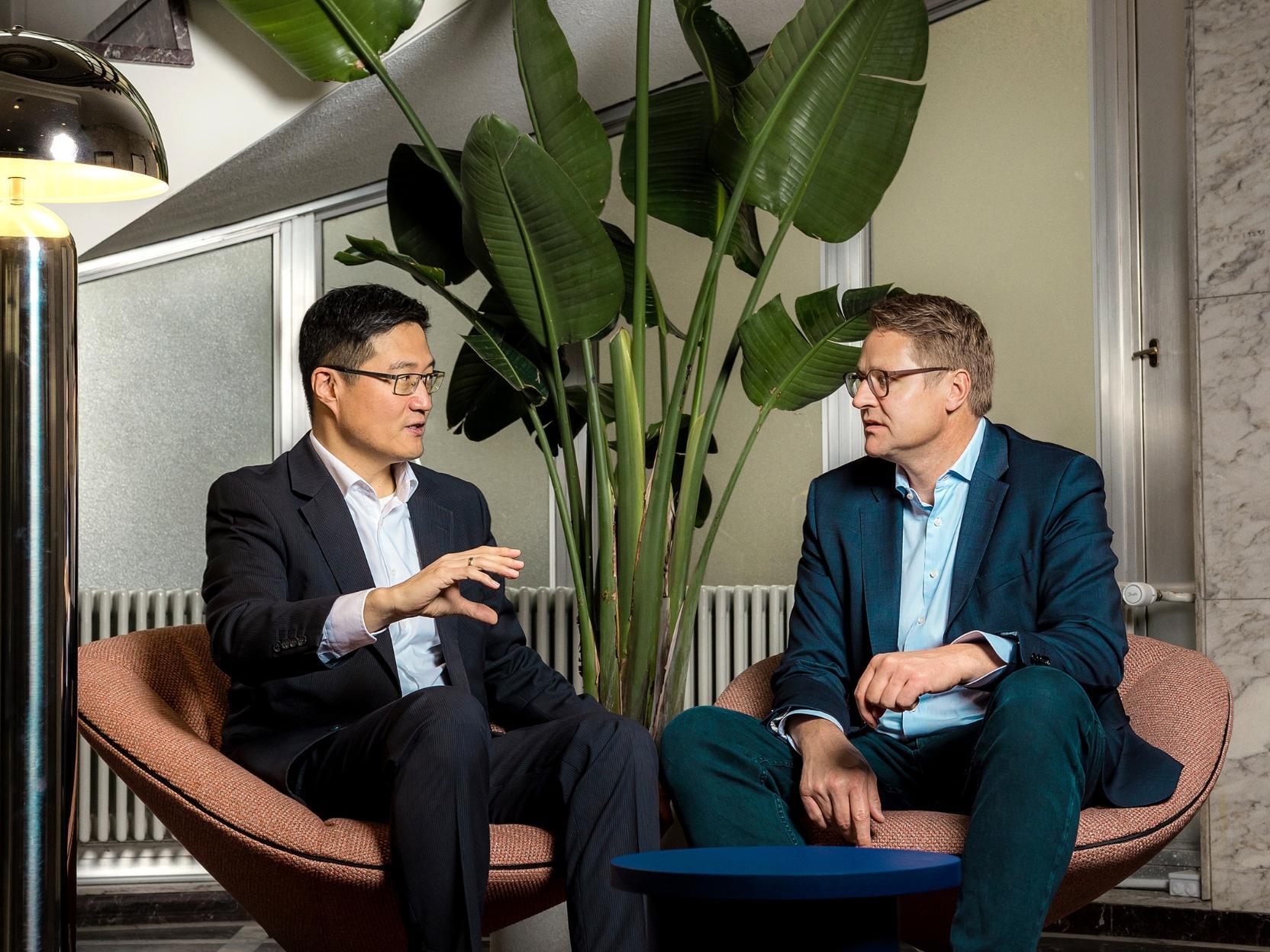
Why Greater Zurich?
It is a pioneering project that is attracting international attention while creating tangible local value. But why Zurich? Yong Gessner, Head of Europe at Baidu’s Intelligent Driving Group, explains the reasoning clearly: “From our perspective, neutral Switzerland offers an exceptionally high level of stability. This makes it a very suitable entry point into the European market.” He also emphasizes that “Zurich is a leading technology location, the European center for artificial intelligence, and one of the most attractive places in the world for top talent.”

Baidu @ IWG Zurich
Baidu has established its European headquarters at IWG in Zurich, one of the city’s central hubs within its coworking and innovation ecosystem. Together with HeadsQuarter, Westhive, and FlexOffice, IWG is among the four leading providers offering modern spaces for international tech companies in the Greater Zurich Area.
This reasoning aligns with what location analyses have shown for years. According to EY, innovation strength, political stability, a highly skilled workforce, and advanced infrastructure are among the key factors driving international direct investment. These very strengths make the Greater Zurich Area, as the report notes, the “leading metropolitan region in Switzerland” and a magnet for companies like Baidu – firms that create sustainable jobs and help shape innovation ecosystems.
But Baidu’s goal is not to replace Zurich’s trams. “We don’t want to create an additional service where a well-developed system already exists,” says Gessner. Instead, the robotaxis are intended to operate “where there is currently no public transport – in the outer regions.” It’s an approach to mobility that moves beyond dense urban networks and focuses precisely on the areas where public transport reaches its limits. As Swiss broadcaster SRF put it: “Robotaxis where the Postbus doesn’t go.”
Switzerland is becoming a laboratory for this vision. PostBus and Baidu plan to deploy autonomous vehicles in regular service in Eastern Switzerland starting in 2027. 25 electric taxis will operate across the cantons of St. Gallen, Appenzell Ausserrhoden, Appenzell Innerrhoden, and Thurgau. This is not an experiment – it’s real mobility infrastructure.
Expansion is progressing quickly. “We have already shipped several vehicles to Switzerland. You may see them as early as next month,” says Halton Niu, General Manager of Apollo Go’s overseas business. “We want to bring our technology to Switzerland as soon as possible,” he adds, assuring that “we can handle any weather.” At the same time, Baidu is paying close attention to public acceptance – a sensitive topic for any Chinese tech company. When asked about personal data, Gessner is unequivocal: “All data remains with our local partners. We have no access to it at all.”
Transparency as a prerequisite for trust
For the Greater Zurich Area, this project is more than just a success story. It aligns perfectly with the region’s strategic positioning: GZA has deliberately focused on key fields such as AI, robotics, autonomous mobility, and high-tech ecosystems – with the goal of attracting not volume, but transformative technology leaders.
In this context, Baidu represents what the EY report calls a “landmark brand” – a company whose presence attracts additional high-tech firms and strengthens existing innovation clusters. As a result, the Greater Zurich Area gains visibility in the global race for the future of mobility.
This is about more than a new mode of transportation; it’s about ensuring that Switzerland continues to play a leading role where technological leadership is defined. “We are starting small but plan to grow quickly,” says Gessner “to bring driverless vehicles into commercial operation in Switzerland and across Europe.”
R&D as a growth driver: Baidu positions itself among the global leaders in AI innovation
Baidu has invested heavily in research and development over the past decade – totaling more than CHF 20 billion, with CHF 2.48 billion in 2024 alone. This places Baidu’s R&D intensity (as a share of revenue) in the upper tier of global tech companies. In absolute terms, Baidu remains below the U.S. megacaps (Microsoft, Alphabet, Amazon, Meta) but operates on par with major European and Asian peers of comparable size.
Baidu’s R&D efforts are focused on AI and Generative AI, autonomous driving (Apollo), and AI infrastructure and cloud technologies. The company ranks #1 in China for AI patents (seven consecutive years) and leads in Generative AI patents (three consecutive years).
Overall, Baidu stands among the most research-driven AI players globally. (Sources: Baidu, various Annual Reports)
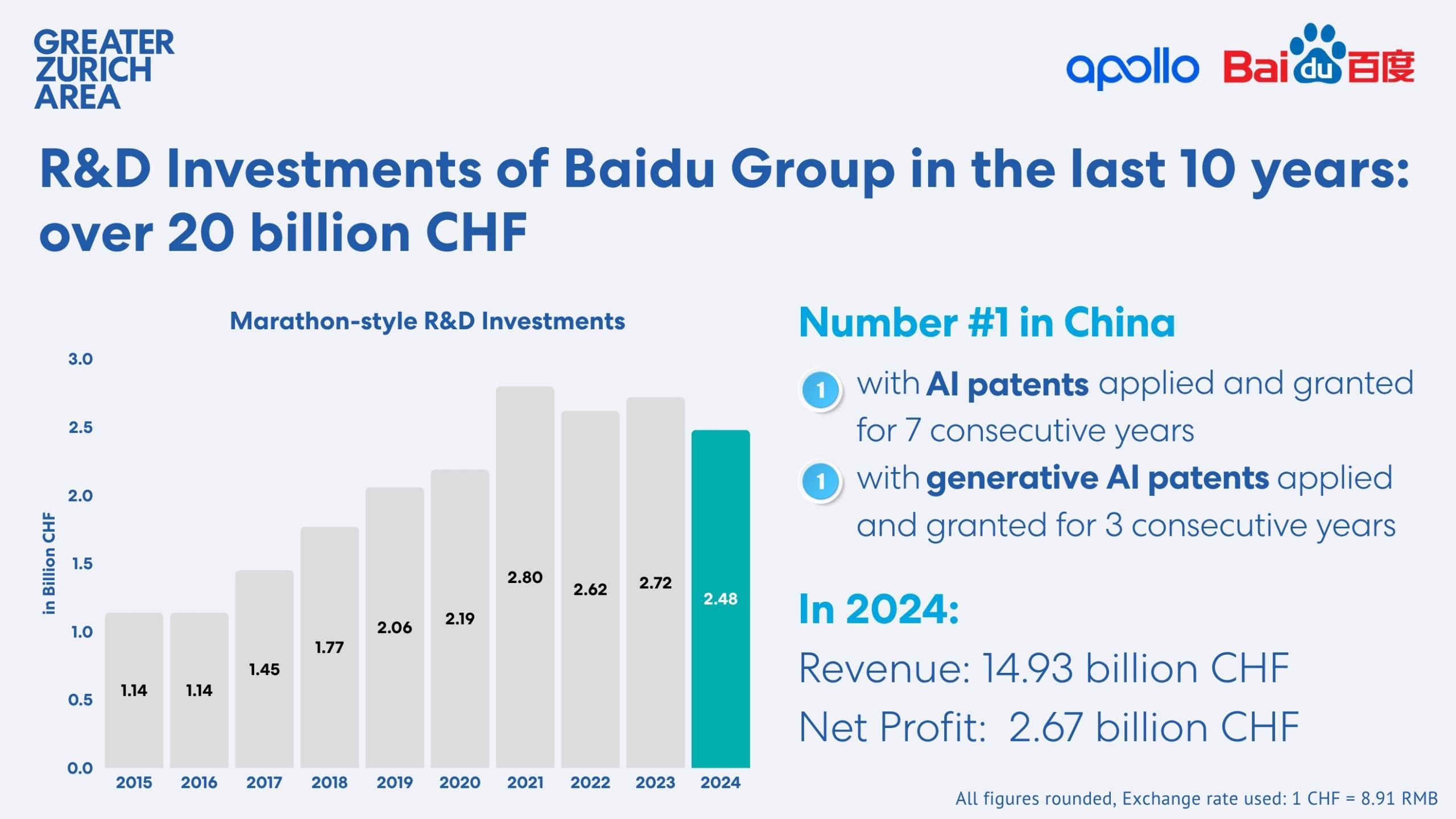
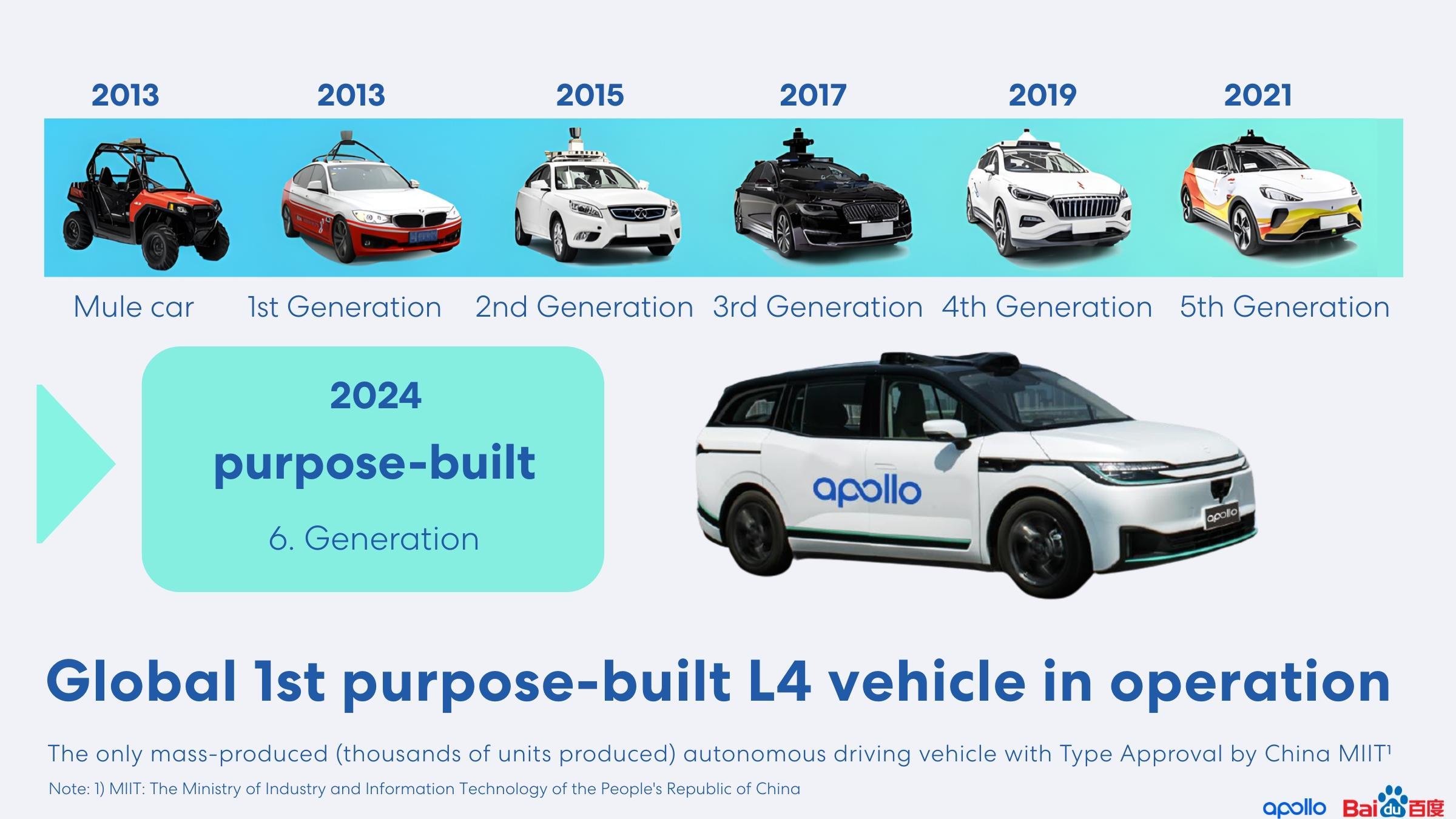
Are you looking to expand your business to Europe?
Are you looking to expand your business to Europe?
As official investment promotion agency of the economic region of Zurich, Switzerland, we support international companies to land and grow in Greater Zurich:
Our services are free of charge and include:
- Introduction to key contacts in industry, academia, and government
- Advice on regulatory framework, taxes, labor, market, and setting up a company
- Custom-made fact-finding visits, including office and co-working space




